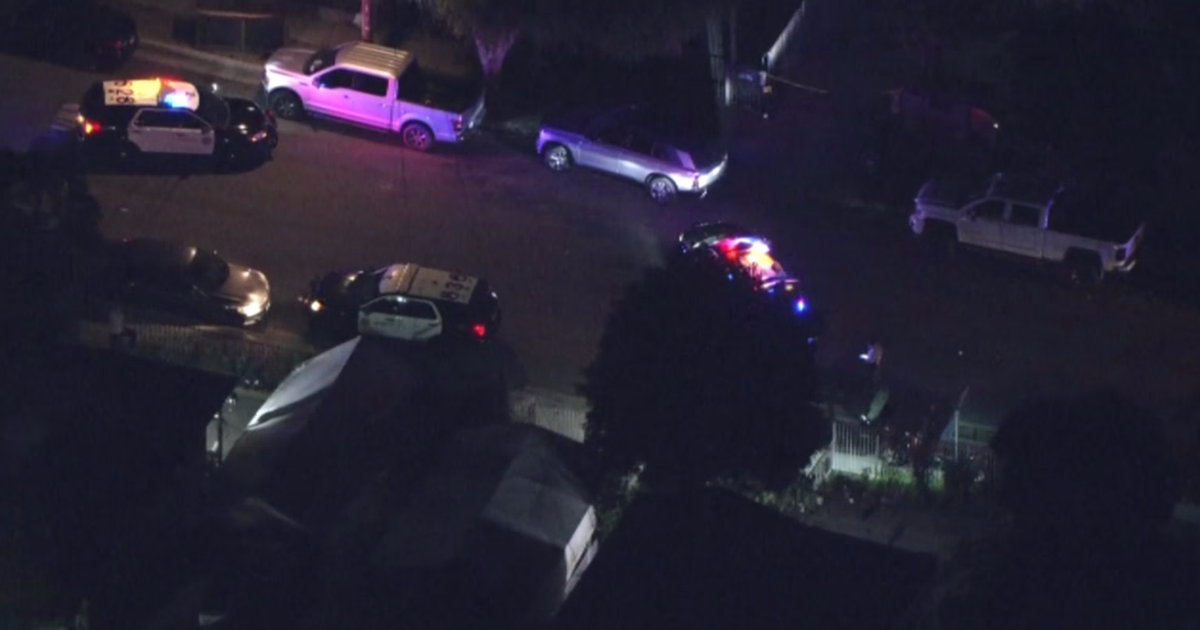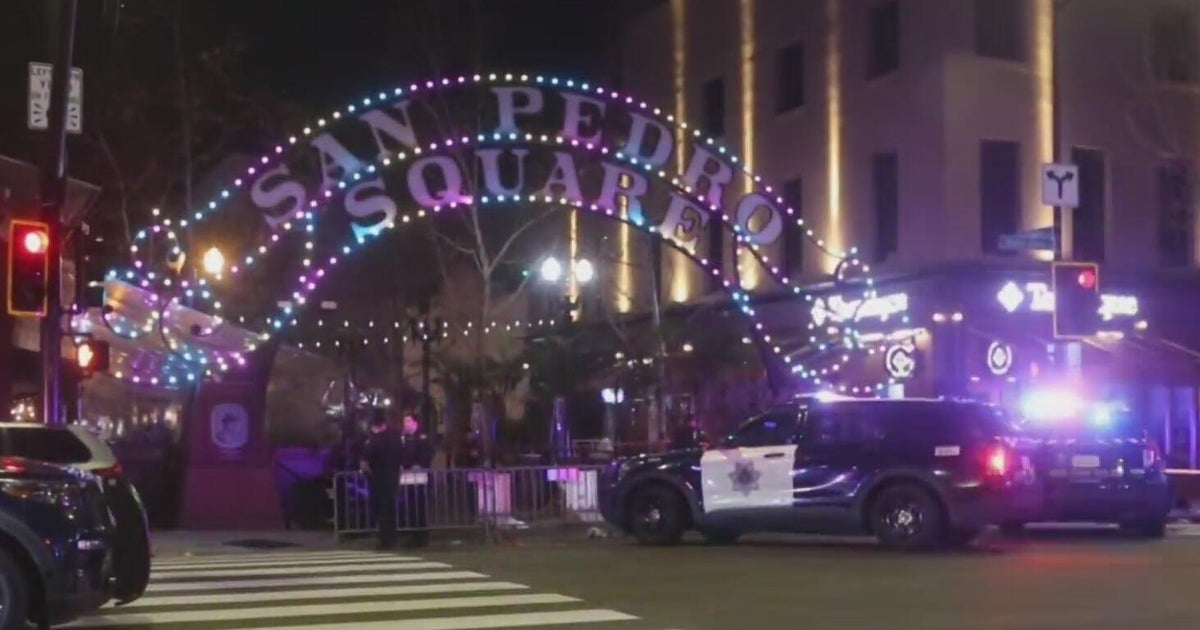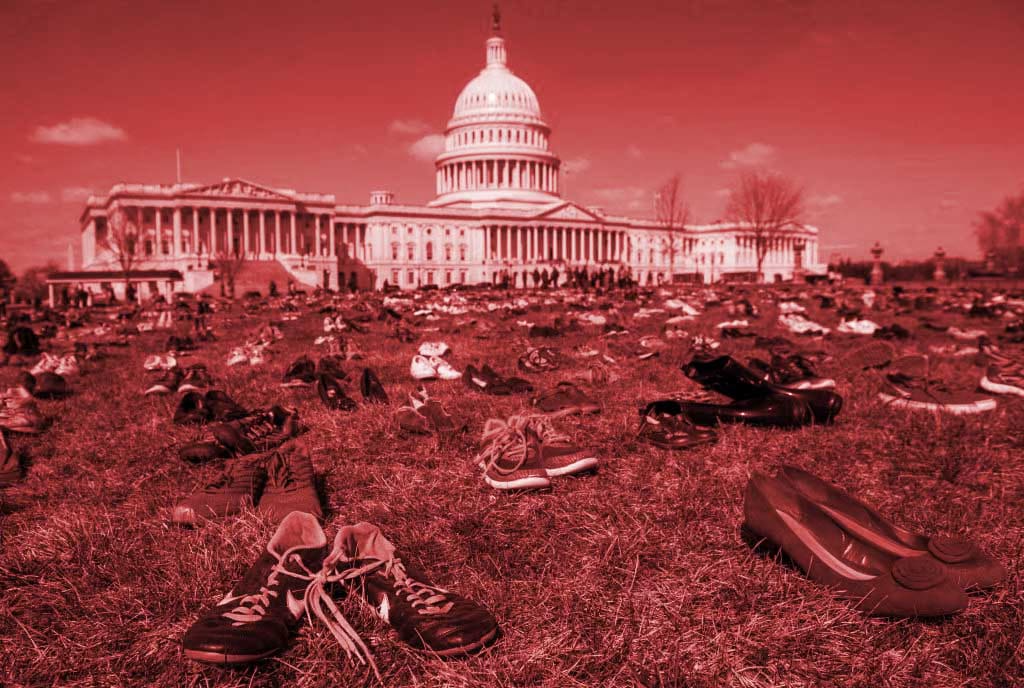Judge rules that synagogue shooting victims can sue gunmaker
A California judge decided victims of a 2019 synagogue shooting near San Diego that killed one worshiper and wounded three can sue the manufacturer of the semiautomatic rifle and the gun shop that sold it to the teenage gunman, according to a newspaper report.
Superior Court Judge Kenneth Medel said Wednesday that victims and families in the Poway, California, synagogue shooting have adequately alleged that Smith & Wesson, the nation's largest gunmaker, knew its AR-15-style rifle could be easily modified into a machine-gun-like or an assault weapon in violation of state law.
A 2005 federal law shields gunmakers from damages in most cases for crimes committed with their weapons. But it allows lawsuits if the manufacturer was negligent or knowingly violated a state or federal law, the San Francisco Chronicle reported Thursday.
Medel said the plaintiffs in the synagogue shooting case may also be able to sue on their claims that Smith & Wesson negligently marketed the rifle to youths on social media and video game-style ads, the newspaper said.
Lawyers for Smith & Wesson didn't immediately respond to the Chronicle's request for comment.
The judge also said the shop, San Diego Guns, could be sued for selling the weapon to John Earnest, who was 19 and lacked a hunting license that would have exempted him from California's 21-year minimum age for owning long guns.
Prosecutors say Earnest, a nursing student, opened fire with a semi-automatic rifle during the last day of Passover services in April 2019. The attack killed 60-year-old Lori Gilbert-Kaye and wounded three others, including an 8-year-old girl and the rabbi, who lost a finger.
Earnest then allegedly called 911 to say he had shot up a synagogue because Jews were trying to "destroy all white people," authorities said.
Earnest faces state murder charges carrying a potential death sentence and federal hate-crime charges.
Praise from gun control advocates
Wednesday's ruling is a victory for "all Americans who believe that the gun industry is not above the law," said Jon Lowy, chief counsel for the Brady Campaign to Prevent Gun Violence, which sued on behalf of the victims.
Other such victories include a Connecticut Supreme Court ruling in March 2019 that gunmaker Remington could be sued over how it marketed the Bushmaster rifle used to kill 20 children and six educators at Sandy Hook Elementary School in 2012. The 4-3 decision reinstated a wrongful death lawsuit and overturned a lower court ruling that the lawsuit was prohibited by the 2005 federal law. The case will go to trial in September 2021.
The parents of Carrie Parsons, a victim in the Las Vegas massacre in 2017, filed a claim against the gunmakers and sellers of 12 different rifles used in the shooting, in which 58 people were killed and nearly 500 others were wounded at a country music festival. A federal judge ruled in April 2020 that the Protection of Lawful Commerce in Arms Act did not prohibit their claim and has deferred the case to the Nevada Supreme Court to decide.
Mass shootings this year in Georgia and Colorado have thrust gun control back to the forefront of public debate, with Democrats in Congress and President Biden calling for swift legislative action. However, efforts to limit firearms have faced partisan opposition.
The Supreme Court on April 26 agreed to take up a legal dispute over a New York gun law that could broaden the scope of the Second Amendment , leaving the high court, now with an expanded conservative majority, poised to address the politically charged issue of gun rights.
The case, involving the state's ban on carrying concealed handguns in public without a license, marks the first time in more than a decade that a Second Amendment challenge to a state's gun laws will be reviewed by the Supreme Court.
Melissa Quinn contributed to this report.



